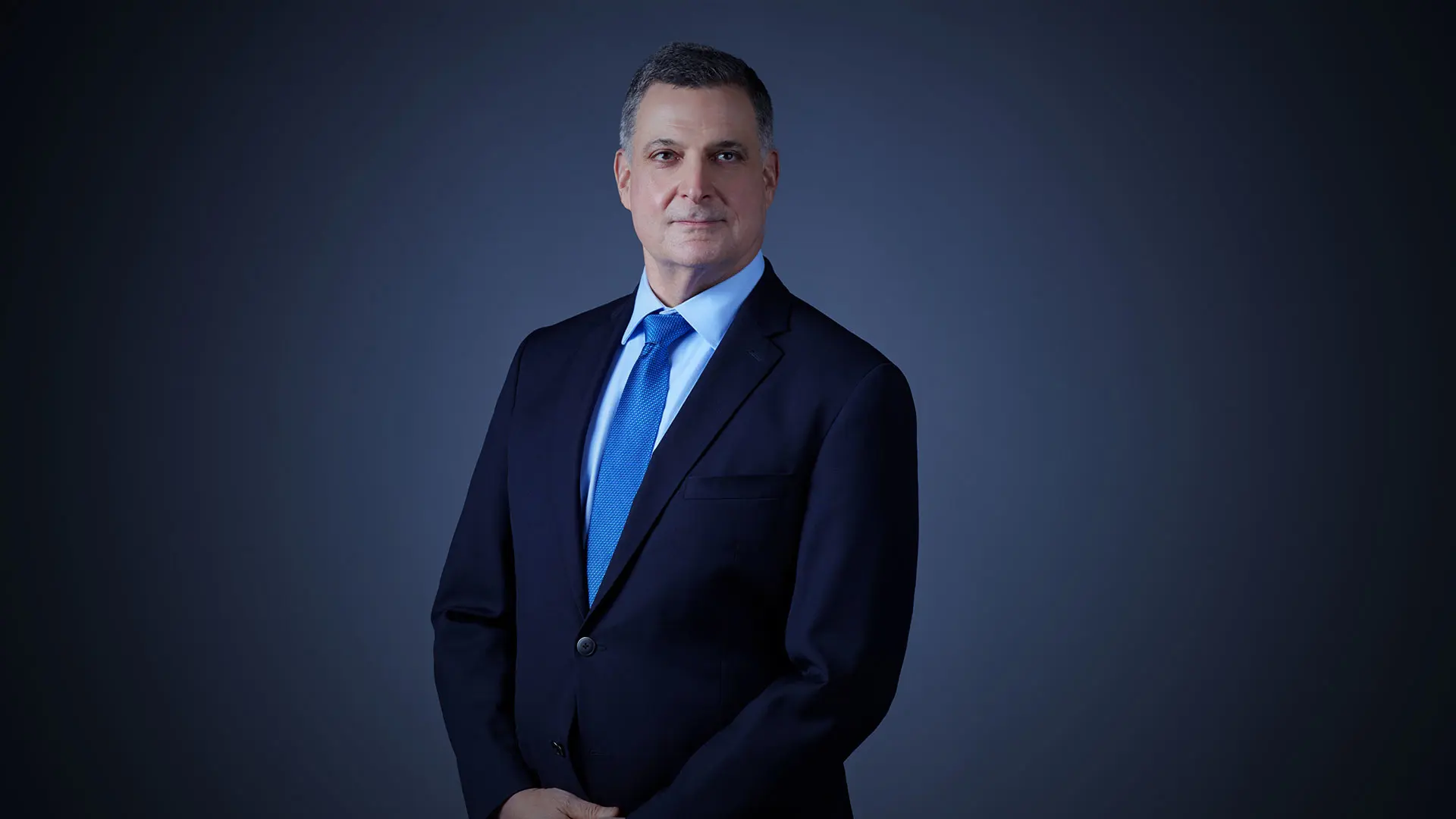Accurate detection, classification, and treatment of lung nodules has long been a focus of ours at the Respiratory Institute. As one example, over the last few years we have published a number of important studies delineating the distinction between indolent and aggressive nodules.
Recently, we took the next step in this area by establishing the Mount Sinai Multispecialty Lung Nodules Diagnostic and Treatment Program, using a new, integrated approach that brings together multiple specialists to improve care for patients with suspicious lung nodules.
A review of this groundbreaking program leads off our 2024 Specialty Report, followed by an in-depth look at our revitalized bronchiectasis program, which also offers patients a range of medical and surgical options along with social work, nutrition, and training support. Similar support services, which we profile later in the report, are also offered to patients with other diseases, including pulmonary hypertension, long COVID, sarcoidosis, asthma, chronic obstructive pulmonary disease, and interstitial lung disease.
COVID-19 receded from the public’s view this year, but not ours. Our researchers are pursuing an interesting finding that could yield new therapeutic approaches: the discovery that certain proteins produced by patients with mild to moderate eosinophilic asthma downregulate the angiotensin-converting enzyme 2 receptor that allows SARS-CoV-2 entry to airway cells, resulting in a less severe course of the disease.
Also in this report, you’ll learn about a unique minimally invasive, three-incision robotic surgical technique that we believe is superior to open surgery for resection of the first rib, and about our increased use of customized 3D-printed airway stents to offer patients with central airway obstruction a more precise and comfortable fit.
In sleep medicine, we are using artificial intelligence to analyze the torrents of data generated by sleep labs and wearable devices, much of which would otherwise have been discarded. Our critical care fellows are now being trained on point-of-care ultrasound, an agile diagnostic tool that can significantly improve patient outcomes by delivering results quickly and efficiently at the bedside.
We were honored to be ranked No. 12 in the nation for Pulmonology and Lung Surgery by U.S. News & World Report® for 2023-24 and would be grateful for your consideration in this year’s voting. As always, I welcome your comments and questions at charles.powell@mssm.edu.
Charles A. Powell, MD
Florette and Ernst Rosenfeld and Joseph Solomon Professor of Medicine
Chief, Catherine and Henry J. Gaisman Division of Pulmonary, Critical Care and Sleep Medicine
CEO, Mount Sinai – National Jewish Health Respiratory Institute
